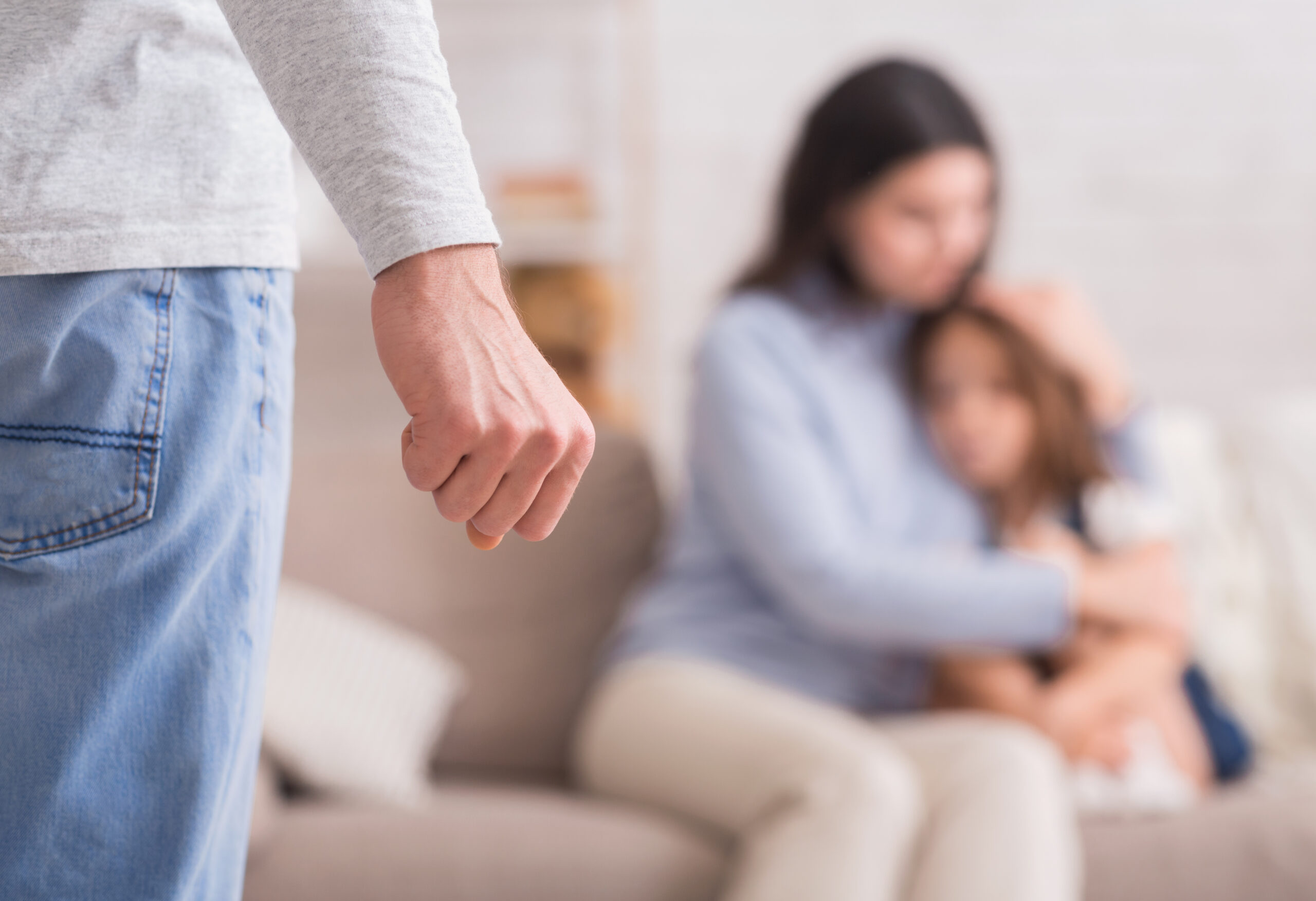Domestic violence is a delicate topic that the California legal system takes seriously. No matter what side of the dispute you were on, you should be aware of the important information that will impact your child custody hearing.
How to Recognize Domestic Abuse and Violence
Far too often, victims think that if they’re not being physically hurt, they’re not a victim of domestic violence. But the law extends to much more than physical harm and it’s important to know what a judge will classify as domestic violence. California law defines it as:
- intentionally or recklessly causing or trying to cause bodily injury
- sexual assault
- making other people feel reasonably afraid that they or someone else are in danger of immediate bodily injury, and
- any other behavior that could cause a court to issue a domestic protective order, including harassment, unwanted telephone calls, stalking, threats, and physical assault
If you have experienced any of these acts of abuse, please reach out to the police and a supportive attorney一they’ll help you know your rights and how to protect yourself and your family.
These guidelines don’t only apply to a romantic partner or parent-child relationship. California law recognizes domestic violence between current and former spouses, those who live together or formerly lived together on a regular basis, people who are related by blood or marriage, anyone who has children together, and people who are or have been dating or engaged.
How Abuse Influences the Child Custody Decision
The state’s courts are required to consider allegations of domestic violence when determining custody and visitation arrangements. The legislature believes it is their responsibility to ensure the health, safety, and welfare of children, so the harm caused by domestic violence has to be a factor in its decision.
While there is no one-size-fits-all answer to how domestic violence will affect a particular case, the court will likely consider several factors when making its determination:
- the severity and duration (how long it’s been happening) of the violence
- the presence of any restraining orders
- how the violence has affected the children’s development and well-being
- the accused party’s history of domestic violence
- any allegations of child abuse or neglect
If the court finds that domestic violence has happened, it will consider whether awarding custody to the abusive parent is in the best interests of the children. In making this determination, the court will look mainly at the safety and needs of the children. How capable is each parent in providing a safe and stable home? Is there a history of domestic violence between the parents?
Any allegations of child abuse or neglect will also be considered. If you are involved in a child custody proceeding and you have a history of domestic violence, it is important to speak with an attorney who can help you know your rights and the best interests of your children.
Visitation Rights
In California, there are two types of custody orders: temporary and permanent. A temporary order is in place until a final determination is made in the case, while a permanent order remains in effect until it is modified or canceled by the court.
When allegations of domestic violence are raised, the court will typically issue a temporary order that excludes the abuser from contact with the child. This order may also require the abuser to vacate the family home and to have no contact with the child. The temporary order will remain in effect until a hearing is held to determine whether it should become permanent.
If an allegation of domestic violence is not raised, the court may still issue a protective order if it finds that there is a risk of harm to the child.
At the hearing, both sides will have an opportunity to present evidence and testimony. The court will then determine whether domestic violence occurred and whether it is likely to happen in the future. If the court finds that domestic violence has occurred, it will consider the impact of the abuse on the child when making its custody determination.
The court may award joint legal or physical custody to both parents, but it will typically grant sole custody to the non-abusive parent. In some cases, the court may order supervised visitation for the abusive parent.
Key Takeaways
The welfare and safety of children are important to the California legislature and domestic violence will influence your child custody hearing. Abuse can take many forms一physical, emotional, mental一and the severity and duration of the abuse will have a big impact on the court’s decision.
If you find yourself having to navigate child custody law, an experienced and compassionate lawyer is essential for knowing your rights and protecting your children. Reach out to Monarch Family Law today for expert legal help.


